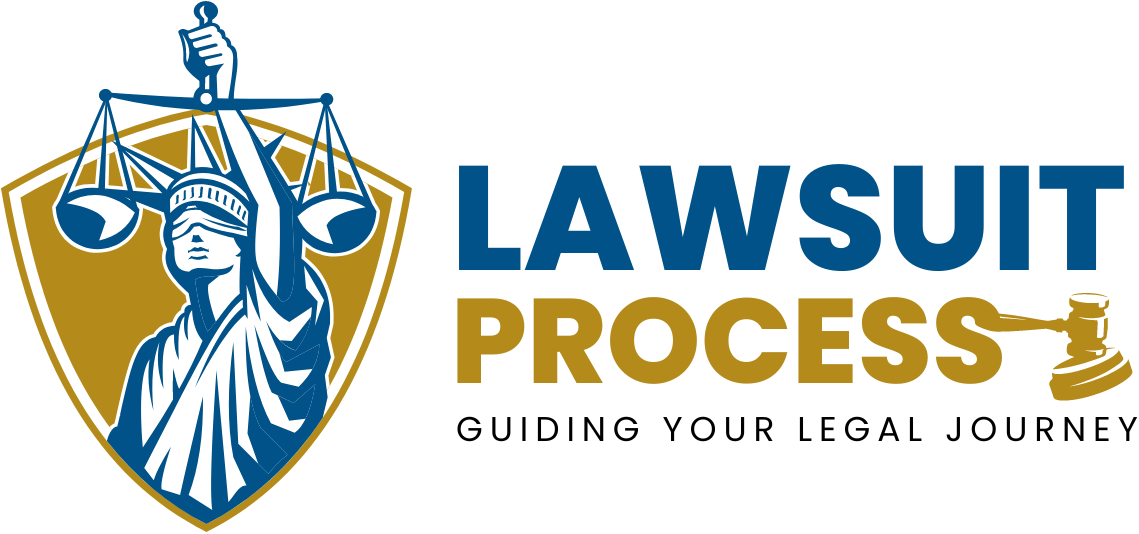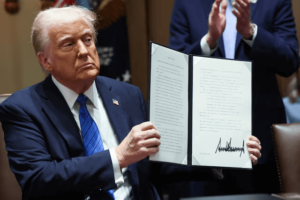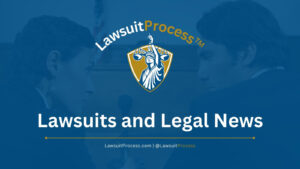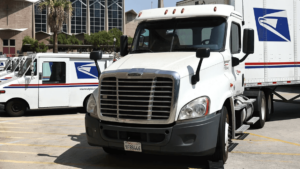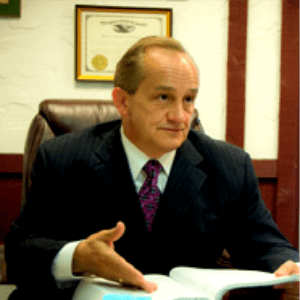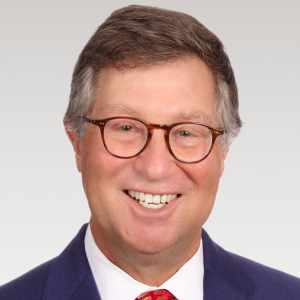New York – A New York judge has rejected President-elect Donald Trump’s motion to dismiss his conviction in the hush money case, denying arguments that presidential immunity shields him from prosecution. The decision marks a significant legal setback as Trump prepares for his inauguration in January 2025.
Manhattan Supreme Court Justice Juan Merchan ruled that Trump’s actions, which led to his conviction on 34 felony counts of falsifying business records, fell outside the scope of official presidential duties. Justice Merchan emphasized that the conduct in question was personal and unrelated to Trump’s role as President of the United States.
Presidential Immunity Argument Rejected
The ruling came after Trump’s legal team cited a recent U.S. Supreme Court decision affirming broad immunity for former presidents concerning official acts. Trump’s lawyers argued that evidence introduced during the trial—such as social media posts and statements from aides—should qualify as official conduct and thus be protected under presidential immunity.
Justice Merchan rejected this claim, stating: “The acts in question were personal in nature, involving the concealment of payments to influence an election. They cannot be classified as duties inherent to the presidency.”
Background of the Hush Money Case
Trump was convicted in May 2024 of falsifying business records to cover up payments made to adult-film actress Stormy Daniels during the 2016 presidential campaign. Prosecutors argued that Trump’s attempts to hide the payments amounted to election interference, while Trump maintained his innocence and denied the alleged affair.
The case was unique as it included evidence tied to Trump’s presidency, such as his tweets and interactions with campaign staff. Trump’s legal team claimed that presenting such evidence blurred the line between personal and official actions, necessitating dismissal based on presidential immunity.
Legal and Political Implications
This decision underscores the distinction between official and unofficial conduct established by the Supreme Court in its July 2024 ruling. While the ruling grants former presidents immunity for acts tied to their official duties, it does not exempt them from accountability for personal conduct.
Trump, who is set to be inaugurated on January 20, 2025, faces the challenge of managing the conviction as he returns to office. Prosecutors have proposed delaying sentencing or acknowledging the conviction without imposing punishment, citing the complexities of prosecuting a sitting president.
Trump’s attorneys have vowed to appeal Justice Merchan’s decision, reiterating their stance that the case is politically motivated. In a statement, Trump’s spokesperson said, “This ruling sets a dangerous precedent and undermines the Supreme Court’s clear position on presidential immunity.”
Ongoing Legal Challenges
Trump’s legal troubles extend beyond the hush money case. While federal charges related to election interference and the retention of classified documents have been dismissed following his election victory, the New York case remains active. Justice Department policy traditionally prohibits prosecuting sitting presidents, but state-level prosecutions remain outside that jurisdiction.
The outcome of Trump’s appeal will likely shape legal precedents regarding presidential accountability, particularly for actions taken before or during campaigns.
References
- The Wall Street Journal
- Associated Press
- The Times
- Image Courtesy of APNews.com
